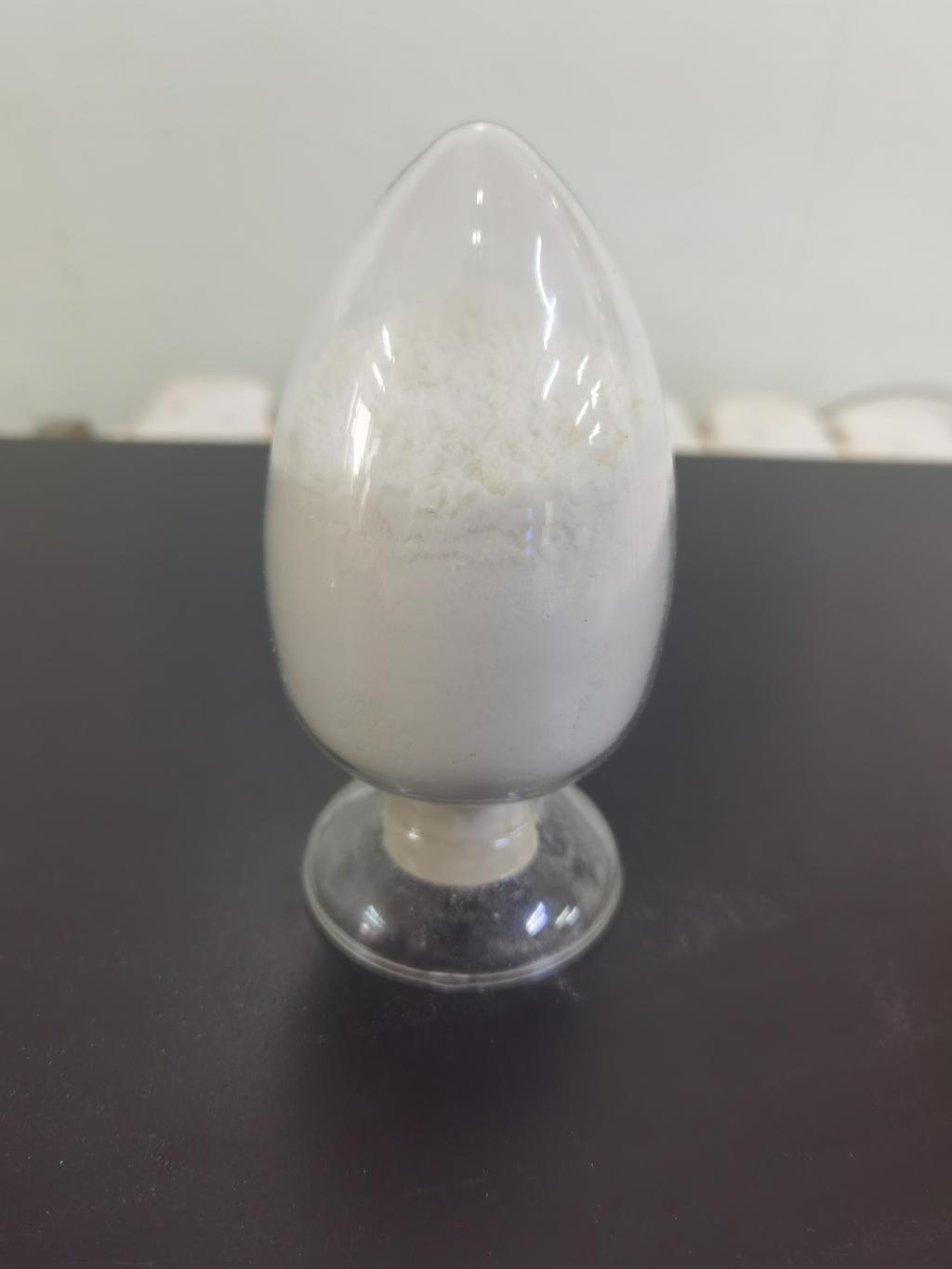Tel:+8618231198596

News
 CONTACT
CONTACT
 CONTACT
CONTACT
- Linkman:Linda Yao
- Tel: +8618231198596
- Email:linda.yao@dcpharma.cn
- Linkman:CHARLES.WANG
- Department:Overseas
- Tel: 0086 0311-85537378 0086 0311-85539701
News
Has ε-Polylysine hydrochloride been studied for its potential role in reducing food waste?
TIME:2023-05-29
Understanding Food Waste:
Food waste refers to the discarding or loss of edible food at different stages of the food supply chain, including production, processing, distribution, and consumption. Spoilage caused by microbial growth, particularly molds and yeasts, is a major contributor to food waste. Therefore, addressing microbial spoilage is crucial for reducing food waste.
ε-Polylysine Hydrochloride as a Preservation Agent:
ε-Polylysine hydrochloride has gained recognition as an effective natural antimicrobial agent with inhibitory properties against molds and yeasts. Its ability to extend the shelf life of various food products by preventing microbial spoilage makes it a potential tool for reducing food waste.
Prevention of Mold and Yeast Growth:
Molds and yeasts are common causes of food spoilage, leading to undesirable changes in appearance, texture, flavor, and nutritional quality. By inhibiting the growth of these microorganisms, ε-polylysine hydrochloride can help maintain the freshness and quality of food products for longer periods, thus reducing the likelihood of premature disposal.
Application in Different Food Products:
Studies have explored the application of ε-polylysine hydrochloride in various food products to assess its effectiveness in reducing microbial spoilage and extending shelf life. These include but are not limited to dairy products, baked goods, fruits and vegetables, meat and poultry, and processed foods. The results have shown promising outcomes, with ε-polylysine hydrochloride effectively inhibiting mold and yeast growth and contributing to the reduction of food waste.
Impact on Food Supply Chain:
Implementing ε-polylysine hydrochloride as a preservation agent at different stages of the food supply chain can have a significant impact on reducing food waste. From production to distribution and retail, the use of this natural antimicrobial can help minimize losses due to spoilage, leading to increased food availability, improved profitability, and reduced environmental footprint associated with wasted resources.
Synergistic Effects and Reduced Need for Other Preservatives:
ε-Polylysine hydrochloride has been found to exhibit synergistic effects when combined with other preservatives, such as organic acids or antimicrobial peptides. This synergism allows for reduced usage levels of chemical preservatives, contributing to the overall reduction of additives in food products. Furthermore, the natural origin and safety profile of ε-polylysine hydrochloride make it an attractive alternative to synthetic preservatives, aligning with consumer preferences for clean label products.
Considerations for Implementation:
While ε-polylysine hydrochloride shows promise in reducing food waste, there are several factors to consider for its successful implementation. These include:
Regulatory Approval: Ensuring that ε-polylysine hydrochloride is approved as a food preservative in specific regions or countries.
Application Techniques: Determining the most suitable application techniques and concentrations to achieve optimal preservation effects.
Cost-Effectiveness: Assessing the cost implications of incorporating ε-polylysine hydrochloride into food production processes and evaluating its cost-effectiveness in relation to waste reduction and extended shelf life.
Consumer Perception and Acceptance:
Consumer perception and acceptance play a crucial role in the adoption of food preservation methods. Communicating the benefits of ε-polylysine hydrochloride in reducing food waste, its natural origin, and safety profile are essential for building trust and acceptance among consumers.
Conclusion:
ε-Polylysine hydrochloride holds significant potential in reducing food waste by inhibiting the growth of molds and yeasts, thus extending the shelf life of various food products. Its application across the food supply chain can contribute to increased food availability, improved sustainability, and reduced economic losses associated with food waste. Continued research, regulatory support, and consumer education are necessary to harness the full potential of ε-polylysine hydrochloride in addressing the global challenge of food waste.
- Tel:+8618231198596
- Whatsapp:18231198596
- Chat With Skype







